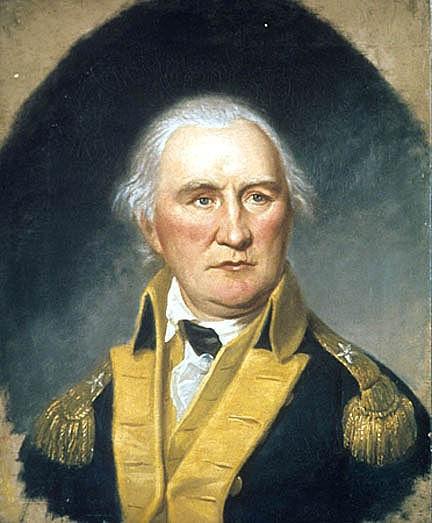On this date..
- katellashisadventure
- Jul 1
- 3 min read

In 1775, Congress resolves to forge Indian alliances The motion read: “That in case any Agent of the ministry, shall induce the Indian tribes, or any of them to commit actual hostilities against these colonies, or to enter into an offensive Alliance with the British troops, thereupon the colonies ought to avail themselves of an Alliance with such Indian Nations as will enter into the same, to oppose such British troops and their Indian Allies.”
In 1776, the Second Continental Congress again took up the issue of Independence.
The deliberations were officially secret and unrecorded. John Adams of Massachusetts and John Dickinson of Pennsylvania led the pro and anti arguments.
In 1836 US President Andrew Jackson announces to Congress bequest by James Smithson of 100,000 gold sovereigns to found Smithsonian Institution in Washington
In 1847, the United States Post Office issued its first general issue postage stamp, a five-cent stamp honoring Benjamin Franklin, the first postmaster general under the Continental Congress, and a ten-cent stamp honoring George Washington.
In 1859 1st intercollegiate baseball game, Amherst beats Williams 66-32 in Pittsfield, Massachusetts
In 1861 1st public schoolhouse opens at Washington and Mason St, San Francisco
In 1861 US War Department decrees that Kansas and Tennessee are to be canvassed for volunteers
In 1862 Battle at Booneville Mississippi: Confederate superior power driven out
In 1862 Battle of Malvern Hill [Poindexter's Farm], day 7 of 7 days battles, Union forces repel Confederate attack, Tactical Union victory (US Civil War)
In 1863, the Battle of Gettysburg began in the Pennsylvania countryside. It lasted three days.
In 1889 Frederick Douglass named US Minister to Haiti
In 1898, Theodore Roosevelt and his volunteer cavalry, the Rough Riders, stormed Kettle Hill, then joined in the capture of the San Juan Hill complex. Thus they helped to secure a U.S. victory in the Battle of Santiago, the decisive battle of the short-lived Spanish-American War. Two days after the battle, the Spanish fleet fled the harbor at Santiago, effectively surrendering control of Cuba.
In 1904, The 1904 Olympic games, the first ever held in the US, open in St. Louis. They will also be the first Olympics to award gold, silver and bronze medals.
In 1916, Dwight D. Eisenhower married Mary "Mamie" Geneva Doud. They would stay married until his death.
In 1944, delegates from 44 countries began meeting at Bretton Woods, New Hampshire, where they agreed to establish the International Monetary Fund and the World Bank.
In 1947, State Department official George Kennan, using the pseudonym “Mr. X,” publishes an article entitled “The Sources of Soviet Conduct” in the July edition of Foreign Affairs. The article focused on Kennan’s call for a policy of containment toward the Soviet Union and established the foundation for much of America’s early Cold War foreign policy.
In 1963, The U.S. Postal Service instituted the Zone Improvement Plan Code, commonly known as the ZIP Code.
In 1972, the first standalone issue of the feminist publication Ms. Magazine debuts.
In 1968, The United States, the United Kingdom, the U.S.S.R., and 59 other states signed the Nuclear Non-Proliferation Treaty in an attempt to halt the spread of nuclear weapons.
In 1991, President George H.W. Bush nominated federal appeals court judge Clarence Thomas to the Supreme Court, beginning an ultimately successful confirmation process marked by allegations of sexual harassment.
In 2005, The last Thunderbird, Ford Motor Company’s iconic sports car, emerges from a Ford factory in Wixom, Michigan.
In 2015, after more than a half-century of hostility, the United States and Cuba declared they would reopen embassies in each other’s capitals, marking a historic full restoration of diplomatic relations between the Cold War foes.
In 2020, The North American Free Trade Agreement (NAFTA), a controversial trade pact that took effect in 1994, was replaced by the United States–Mexico–Canada Agreement (USMCA).









Comments